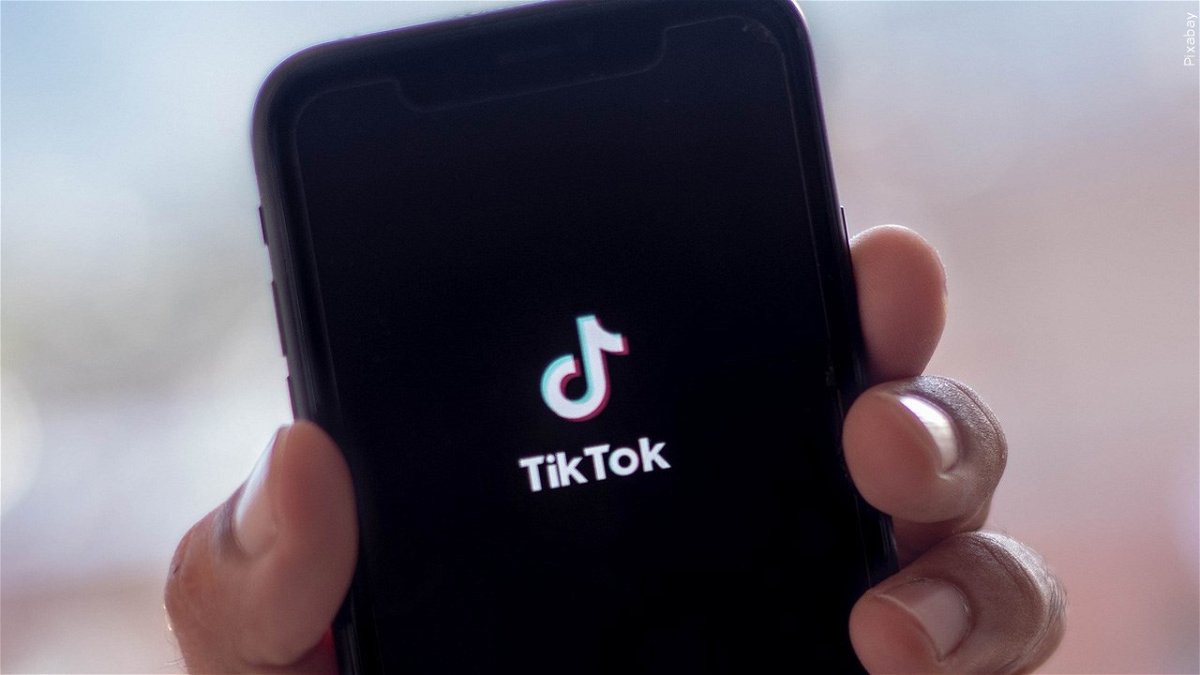Texas universities block access to TikTok on campus Wi-Fi networks

@utepnso See you on Instagram!⛏🧡✨
♬ original sound - UTEP New Student Orientation
UPDATE: UTEP is complying with Governor Abbott's directive to block access to TikTok. In a statement sent to ABC-7, officials say, "The University is complying with the directive. The Texas Department of Public Safety and the Texas Department of Information Resources were also directed to develop guidelines for any exceptions. UTEP expects additional guidance soon."
A spokesman for UTEP says the directive applies to state employees and state officials. Students can still access TikTok on the University's wi-fi, but not through the university's hard-wired devices.
AUSTIN, Texas -- The University of Texas at Austin has blocked access to the video-sharing app TikTok on its Wi-Fi and wired networks in response to Gov. Greg Abbott’s recent directive requiring all state agencies to remove the app from government-issued devices, according to an email sent to students Tuesday.
“The university is taking these important steps to eliminate risks to information contained in the university’s network and to our critical infrastructure,” UT-Austin technology adviser Jeff Neyland wrote in the email. “As outlined in the governor’s directive, TikTok harvests vast amounts of data from its users’ devices — including when, where and how they conduct internet activity — and offers this trove of potentially sensitive information to the Chinese government.”
Since the university’s announcement Tuesday morning, multiple Texas university spokespeople, including those at the University of Texas at Dallas and Texas A&M University System, have announced they are also restricting the use of the app on their campus networks.
“[W]e are in the process of putting in place network based filtering that will block both wireless and wired access to downloading or accessing the app from our campus network, which means students, faculty, staff and visitors will not be able to use the app when connected to an A&M network,” said Laylan Copelin, system spokesperson.
Abbott’s Dec. 7 directive stated that all state agencies must ban employees from downloading or using the app on government-issued devices, including cellphones, laptops and desktops, with exceptions for law enforcement agencies. He also directed the Texas Department of Public Safety and the Texas Department of Information Resources to create a plan to guide state agencies on how to handle the use of TikTok on personal devices, including those that have access to a state employee’s email account or connect to a state agency network.
That plan was to be distributed to state agencies by Jan. 15, and each state agency is expected to create its own policy regarding the use of TikTok on personal devices by Feb. 15, according to Abbott’s directive. Two public universities, the University of Houston and Texas Tech University, said in separate statements they are still waiting for state guidance to be released.
Late Tuesday afternoon, the University of Texas at Dallas announced it would ban the social media app on its networks as well, excluding university-owned housing because a third party operates those networks.
The University of North Texas in Denton has also banned the use of TikTok on its networks, according to a spokesperson.
“‘[D]evices capable of internet connectivity’ require a network to connect to the internet,” Laken Rapier, UNT chief communications officer, said in a statement. “Thus, blocking TikTok at the network level prevents ... ‘devices capable of internet connectivity’ from downloading or using TikTok.”
TikTok is owned by the Chinese company ByteDance Ltd. Last month, FBI Director Chris Wray raised national security concerns about the Chinese government’s ability to potentially collect data on users and use the app’s algorithms to “manipulate content” and “use it for influence operations.”
More than half of states in the U.S. have banned the use of the social media app on government devices in some capacity in recent months, according to a CNN analysis. Across the country, a growing number of universities have banned the app on devices connected to campus networks, including Auburn University in Alabama, the University of Oklahoma and the schools within the University System of Georgia.
The ban could have broad impacts particularly at universities serving college-age students, a key demographic that uses the app. University admissions departments have used it to connect with prospective students, and many athletics departments have used TikTok to promote sporting events and teams. It’s also unclear how the ban will impact faculty who research the app or professors who teach in areas such as communications or public relations, in which TikTok is a heavily used medium.
In a statement, a representative from TikTok said they are disappointed by the news.
“We’re disappointed that so many states are jumping on the political bandwagon to enact policies that will do nothing to advance cybersecurity in their states and are based on unfounded falsehoods about TikTok,” spokesperson Jamal Brown wrote. “We’re especially sorry to see the unintended consequences of these rushed policies beginning to impact universities’ ability to share information, recruit students, and build communities around athletic teams, student groups, campus publications, and more.”
Disclosure: Texas A&M University, Texas Tech University, Texas A&M University System, University of Texas - Dallas, University of Texas at Austin, University of Houston and University of North Texas have been financial supporters of The Texas Tribune, a nonprofit, nonpartisan news organization that is funded in part by donations from members, foundations and corporate sponsors. Financial supporters play no role in the Tribune's journalism. Find a complete list of them here.
This article originally appeared in The Texas Tribune at https://www.texastribune.org/2023/01/17/ut-austin-tiktok-ban/.
The Texas Tribune is a member-supported, nonpartisan newsroom informing and engaging Texans on state politics and policy. Learn more at texastribune.org.
